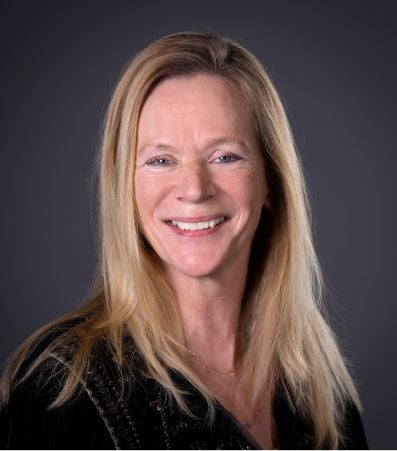1. Recommendation (portfolio holder for teaching or director of education of the faculty)
The portfolio holder for teaching or the director of education of the relevant faculty is responsible for recommending candidates for the STQ track. This recommendation is a prerequisite for participation in the track. The recommendation is emailed to the admissions committee: sko@vu.nl (in accordance with the relevant letter). The admissions committee informs the candidate about their nomination and refers them to the questionnaire and the Career in Education Form.
2. Filling out the questionnaire en career in education form (candidate)
In addition to the recommendation, candidates are required to fill out the questionnaire and career in education form. Candidates who have already filled out the questionnaire in a previous round, need to fill out the form again to ensure our information is up to date. Candidates who have been recommended and have filled out the required forms are invited to take part in an intake interview. After the interview, the STQ admissions committee will take the final decision about the candidate’s admission.
Note: Participants of the STQ programme have an obligation to attend. To obtain the STQ certificate, the candidate may not miss more than one half day of the six plenary STQ days. It is therefore important to check the dates in the timetable carefully, before filling in the application form.
3. Intake interview
The intake interview is to assess to what extent there is a match between the project the candidate wishes to conduct during the STQ, the opportunities the candidate has to do so, the candidate’s corresponding individual learning objective and the contents of the STQ programme. An individual learning objective concerns the personal skills a candidate needs to carry out the project. During the project the candidate receives coaching in these skills.
The intake interview takes forty-five minutes. On invitation, the candidate registers himself or herself for a time on one of the proposed dates in the timetable. See the tab ‘contact and information’ near the button ‘meeting dates and times’, 2017 spring timetable.
4. Assessment STQ admissions committee
Suitability for the programme is determined on the basis of the information from the questionnaire and the intake interview. An important criterion in this respect is that the candidate has a relevant STQ project and corresponding individual learning objective (aimed at the skills necessary to carry out the project). After the intake interviews, the STQ admissions committee of VU Amsterdam decides whether to finalize the candidate’s admission to the STQ. Following a positive decision by the STQ admissions committee, the candidate’s admission to the STQ track is finalized, provided that there are sufficient places. If there are more applications than available places, a limited enrolment lottery is held by faculty size. Candidates who were deemed suitable in a previous round but who failed to be awarded a place are entitled to a priority place.
The candidate is informed of the decision by email.
There are three possible outcomes following the intake interview:
- The candidate is deemed suitable for the STQ based on the questionnaire and intake interview and there are sufficient places or (in the case of too many applications) the candidate is awarded a place by lottery.
- The candidate is deemed suitable for the STQ based on the questionnaire and intake interview, but there were insufficient places in this round and the candidate was not awarded a place by lottery. We keep the candidate on the mailing list and approach the candidate in the following round (as soon as the timetable is available) to gauge interest in participation. The candidate is entitled to a priority place. If the candidate wishes to participate, the questionnaire must be filled out again.
- We feel that, based on the questionnaire and the intake interview, the STQ track chosen by the candidate is not the right track at this point. We discuss our assessment with the candidate during the intake interview to jointly assess what other possibilities for development exist within VU Amsterdam. For example, one of the other programme options might be more suitable.
Joint VU-UvA programme: one path to STQ
Steps in the application procedure:
1. Recommendation - Portfolio holder for teaching or director of education of the faculty
2. Questionnaire and Career in education form - Candidate
3. Intake interview - Candidate and STQ trainer
4. Decision on admission - STQ Admissions Committee
Contact and further information
Content-related questions
